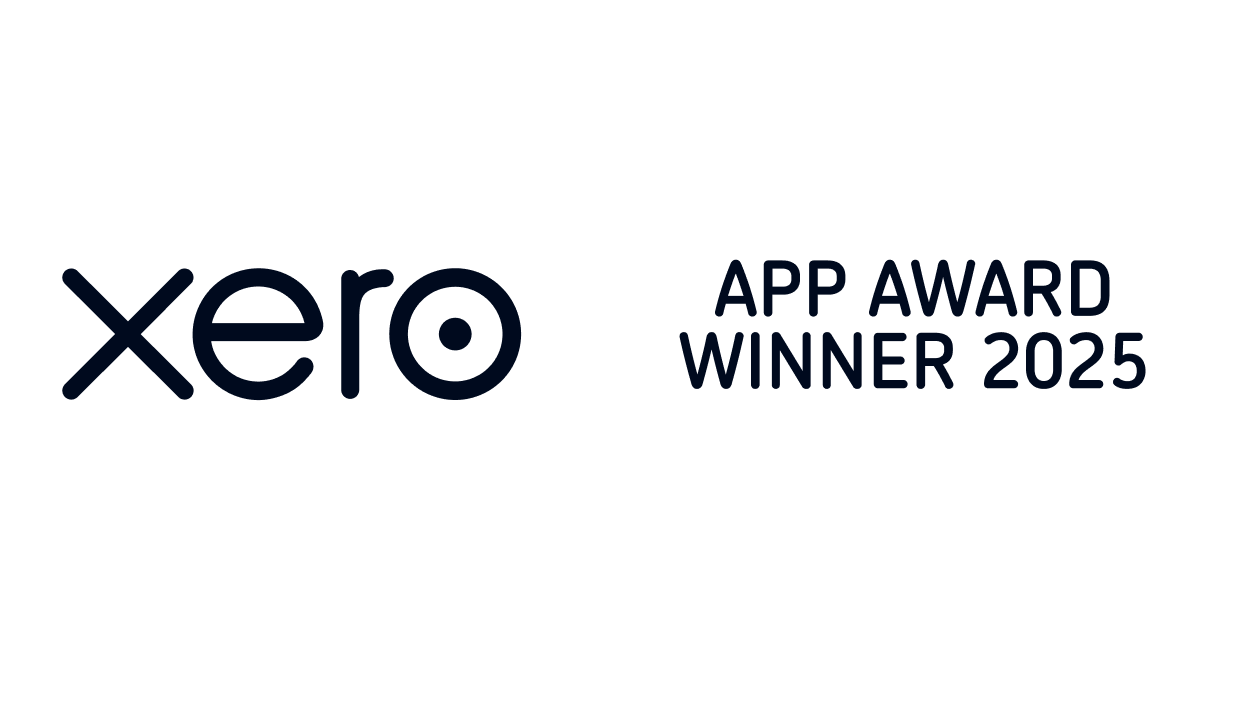Understanding and maintaining compliance as an accountant or bookkeeper can feel challenging, especially for smaller practices just starting out or in the midst of managing day-to-day client demands.
The thing is, compliance is not just about ticking boxes and avoiding penalties. It exists to uphold the integrity of the accounting industry, and when you understand why regulation exists, it’s easier to integrate into your day-to-day activities.
In this article, compliance expert Ian Waters covers the core requirements for accountants, as well as the law and areas of regulation that all accountants and bookkeepers need to be aware of.
The Professional Advantage of Understanding Regulation
Accountants who truly understand their obligations are better able to comply with the requirements, protect themselves and their clients, and safeguard the public. But in practice, a commitment to compliance also strengthens your professional reputation, because it signals technical and ethical competency and builds trust with your clients, potentially giving you a professional advantage.
In short, understanding regulation doesn’t just help you stay compliant; it helps you stand out. Demonstrating your understanding of professional standards early on in the client relationship is key. This can be achieved through an efficient onboarding process, including clear and fair engagement letters.
Key Takeaways:
- Understanding regulation isn’t just about compliance. It builds client confidence and trust.
- You can demonstrate this understanding through transparent engagement letters and smooth onboarding.
Core Legal and Ethical Requirements for Accountants in Practice
Accountants in practice operate within a strict legal and ethical framework that upholds the integrity of the accounting industry. The following legislation and standards form the foundation of professional compliance across the UK:
Statutory Obligations of all Accountants and Bookkeepers
- The Money Laundering Regulations 2017 and the Proceeds of Crime Act 2002 (POCA) require firms to maintain effective anti-money laundering (AML) controls, conduct risk assessments, verify client identities, conduct due diligence procedures, and report suspicious activity to the National Crime Agency.
- UK GDPR governs how personal data is collected, stored and used. Confidentiality and responsible data management are core professional obligations.
- The Provision of Services Regulations 2009 ensure transparency in the information provided to clients, including how the firm is regulated and its complaints procedures.
- The Bribery Act 2010 requires firms to take measures to prevent bribery, regardless of who might benefit from the offer or acceptance of a bribe.
- Health and Safety and Employment Legislation protects employees and clients by ensuring safe working environments and fair employment practices.
Fundamental Ethical Principles
The statutory obligations of accountants and bookkeepers are reinforced by the Code of Ethics set by professional bodies such as ICAEW, ACCA, CIMA, ICAS and CIPFA.
All UK accountancy bodies base their ethical codes on the IESBA Code of Ethics, an international standard published by the International Ethics Standards Board for Accountants (IESBA). Some professional bodies adapt the Code to align with domestic law, but the underlying principles are the same across the profession:
- Integrity – to be straightforward and honest in all professional and business relationships.
- Objectivity – to avoid bias, conflicts of interest or undue influence.
- Professional competence and due care – to maintain knowledge and skill at a level required to ensure competent professional service.
- Confidentiality – to respect the privacy of information acquired as a result of professional and business relationships.
- Professional behaviour – to comply with relevant laws and regulations, and avoid any conduct that might discredit the profession.
Why the Code of Ethics Matters
All accountants and bookkeepers are expected to safeguard the public interest, which is closely linked to the public’s need to be able to trust professional accountants. That requires accountants and bookkeepers (regardless of professional body membership) to understand and address the ethical threats that may influence their decision-making.
If you act ethically, you go beyond minimal compliance, by making decisions that reflect sound professional judgment (even when rules are open to interpretation).
The Code of Ethics makes sure everyone adheres to the same standards by delivering a framework to uphold the integrity of the industry as a whole. The law and the ethical code form a complete framework, where legislation sets the minimum standard, but ethics may set the bar higher.
Ethical threats identified in the IESBA Code of Ethics include:
- Self-interest threat: When a financial or other interest could influence your professional judgement.
- Self-review threat: When you are asked to review work or decisions you were previously involved in, making it harder to remain objective.
- Advocacy threat: When you promote a position or client interest so strongly that your impartiality is affected.
- Familiarity threat: When close relationships with clients or colleagues could make it difficult to stay objective.
- Intimidation threat: When you feel pressured or unduly influenced in a way that could deter you from acting independently.
The Code of Ethics helps you to identify, evaluate, and address threats if they arise, so that you’re prepared to apply appropriate safeguards.
The Interaction between Law and Regulation
The law forms the foundation: parliament passes legislation, including the examples set out earlier, giving a legal backbone to how accountants (and others) must act. These rules are mandatory and no accountant can ignore them without risking serious consequences.
Regulation, meanwhile, builds on these laws, providing essential detail and oversight. Professional accountancy bodies interpret the law, publish guidance and issue their own standards (technical, ethical and regulatory). Through their Byelaws, they are able to enforce compliance. Regulations may evolve more quickly than legislation, so that new risks can be addressed and industry best practice can be rapidly adopted.
Laws and regulations support each other, and nowhere is this clearer than in the Code of Ethics and the fundamental principle of professional behaviour. This states up front that the professional accountant must comply with relevant laws and regulations.
Key Takeaways:
- Regard for guidance issued by professional bodies has weight when compliance with the law and/or regulations is being evaluated.
- Make someone in your team responsible for monitoring and communicating regulatory changes.
- Regulations and a Code of Ethics can help you resist the unreasonable demands of clients.
Key Resources for Maintaining Compliance
A number of resources are available to support accountants in meeting their professional obligations:
- Byelaws, Regulations and Guidance issued by your professional body.
- IESBA Code, an international ethical standard adopted by UK professional bodies.
- HMRC Standard for Agents, which sets behavioural expectations for tax agents.
- PCRT (Professional Conduct in Relation to Taxation), which applies the IESBA Code to tax-related professional conduct.
- CCAB AMLGAS (2023), comprehensive AML Guidance for the Accountancy Sector.
- Socket Engage, a client engagement platform that helps practices through the task of onboarding clients, demonstrating compliance with AML requirements, the Provision of Services Regulations, data privacy requirements and the need to ensure clear and fair communication with clients.
You might like to bookmark these essential resources, and designate a team member to track updates. Tools like Socket Engage also help to ensure that your engagement letters are up to date.
Compliance as a Foundation for Trust
Arguably, trust is the most valuable asset for any accountant, and ultimately, regulation and ethics build the foundations of trust you need if you’re to be successful in attracting and retaining clients. But trust in the wider accountancy profession also serves the public interest, by providing the layperson with access to professional expertise. We must all play our part in maintaining trust in the profession.
Nevertheless, for accountancy and bookkeeping practices of all sizes, understanding and embracing compliance can deliver a clear competitive advantage: efficient and effective compliance demonstrates that you are not only technically competent but diligent and trustworthy. You must seek to reassure your client that your practice is trustworthy right at the start of your business relationship, and this is best achieved by having a clear, fair and efficient proposal and engagement process.
Key takeaways:
- Compliance needn’t be a chore.
- Lead with transparency and fairness during onboarding.
- Effective compliance upholds your practice’s reputation. It is more than simply a back-office task.
Catch the webinar replay:
Watch our latest Socket Engage webinar with Ian Waters and Jonathan Gaunt here. Make sure to copy and paste the webinar passcode to get access: @4%5S?RQ
And if you want to catch our next Socket Engage webinars, sign up to our mailing list below for all the updates!




